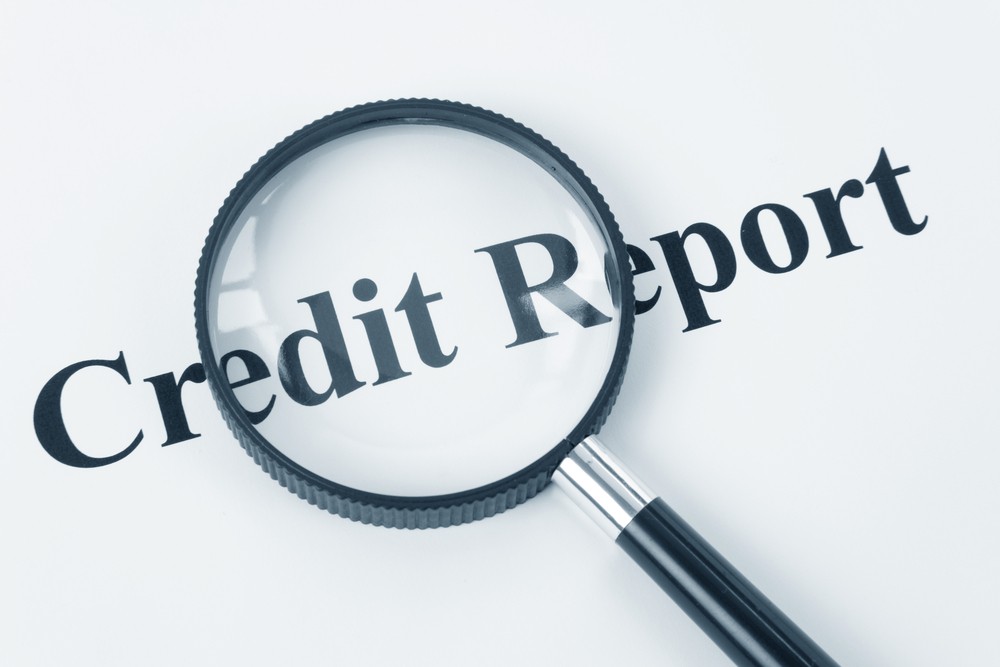Having a good credit score is essential for achieving various financial goals, from securing loans and mortgages to obtaining favorable interest rates on insurance and even renting an apartment. However, building and maintaining a good credit score can be a challenging process, especially if you’re starting with a low score or have limited credit history.
This guide empowers you with actionable steps and valuable insights to help you improve your credit score in 2024:
Table of Contents
ToggleUnderstanding Credit Scores
- Credit Score Basics: Your credit score is a numerical representation (typically ranging from 300 to 850) that summarizes your creditworthiness based on your credit history. Lenders use it to assess the risk of lending to you, and a higher score generally translates to better loan terms and lower interest rates.
- Factors Affecting Credit Scores:
- Payment history (35%): This is the most significant factor, emphasizing the importance of making timely payments on all your credit obligations, including credit cards, loans, and utilities.
- Credit utilization ratio (30%): This compares your revolving credit balance (credit cards) to your credit limit. Ideally, keep it below 30% to demonstrate responsible credit management.
- Credit age and mix (15%): Having a longer credit history and a healthy mix of credit types (installment loans like mortgages and revolving credit like credit cards) can positively impact your score.
- New credit inquiries (10%): Applying for multiple loans or lines of credit in a short period can negatively impact your score. Space out credit applications and avoid unnecessary inquiries.
- Public records (10%): Bankruptcies, foreclosures, and judgments can significantly lower your score. Consult a credit counselor if you have negative public records on your report.
Strategies to Boost Your Credit Score
- Obtain a copy of your credit report: You are entitled to a free credit report from each of the three major credit bureaus (Equifax, Experian, TransUnion) annually. Access them through AnnualCreditReport.com.
- Dispute any errors: Carefully review your credit report for any inaccurate information, such as incorrect balances, late payments that you made on time, or accounts you don’t recognize. Dispute any errors promptly through the credit bureau’s online portal or by mail.
- Make timely payments: This is the single most impactful strategy. Set up automatic payments on all your credit obligations to avoid missed payments, which can significantly damage your score.
- Pay down credit card debt: Focus on paying down your credit card balances strategically. Consider the debt avalanche or snowball methods to prioritize high-interest debts or smaller balances for quicker payoff, which can improve your credit utilization ratio.
- Become an authorized user: If you have a friend or family member with good credit who is willing to add you as an authorized user on their credit card account, it can positively impact your score, especially if they have a good payment history on the account. However, ensure they are responsible with their credit card usage, as their actions will also affect your score.
- Maintain a good credit mix: Having a healthy mix of credit types like credit cards and installment loans (e.g., car loans, student loans) can demonstrate your ability to manage different types of credit responsibly. However, avoid opening new credit accounts you don’t necessarily need, as this can negatively impact your score through inquiries.
- Limit credit inquiries: Avoid applying for multiple loans or lines of credit in a short period. Space out credit applications, and only apply for credit when necessary.
Additional Tips
- Be patient: Building and improving your credit score takes time and consistent effort. Don’t get discouraged if you don’t see immediate results; stay committed to your credit improvement plan.
- Monitor your progress: Regularly check your credit report and monitor your score to track your progress and identify any areas that need further improvement.
- Seek professional help: If you’re struggling to manage your debt or improve your credit score on your own, consider seeking guidance from a credit counselor or financial advisor. They can provide personalized advice and strategies tailored to your specific situation.
Remember
Improving your credit score is an investment in your financial future. By following these steps and adopting responsible credit habits, you can significantly improve your creditworthiness and unlock access to better financial opportunities.



















